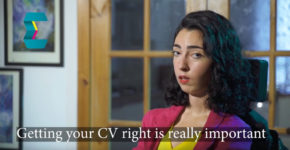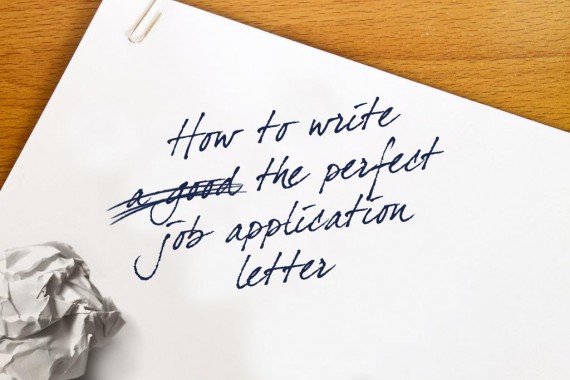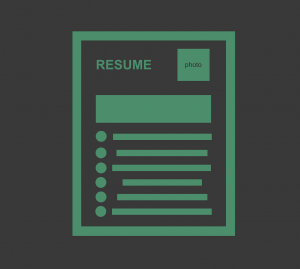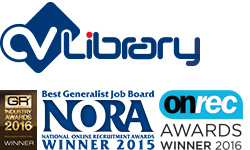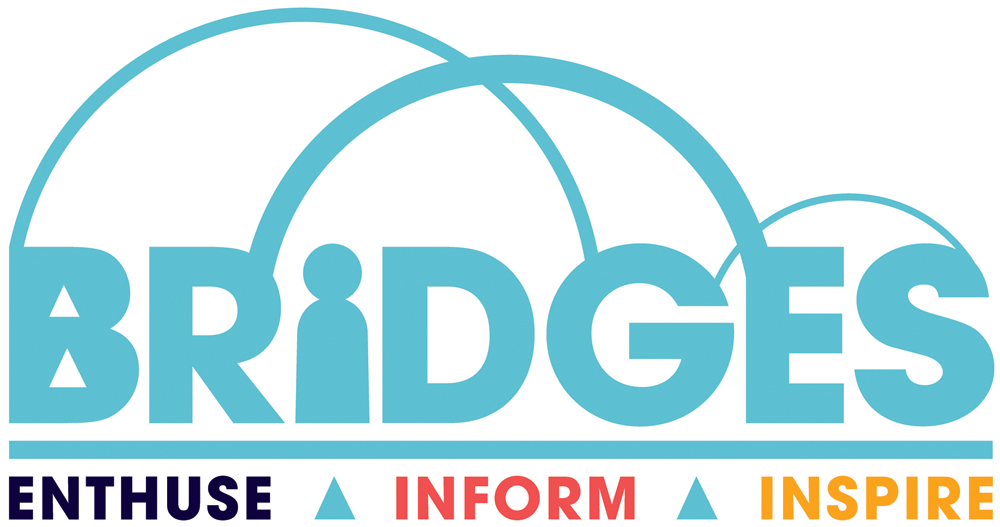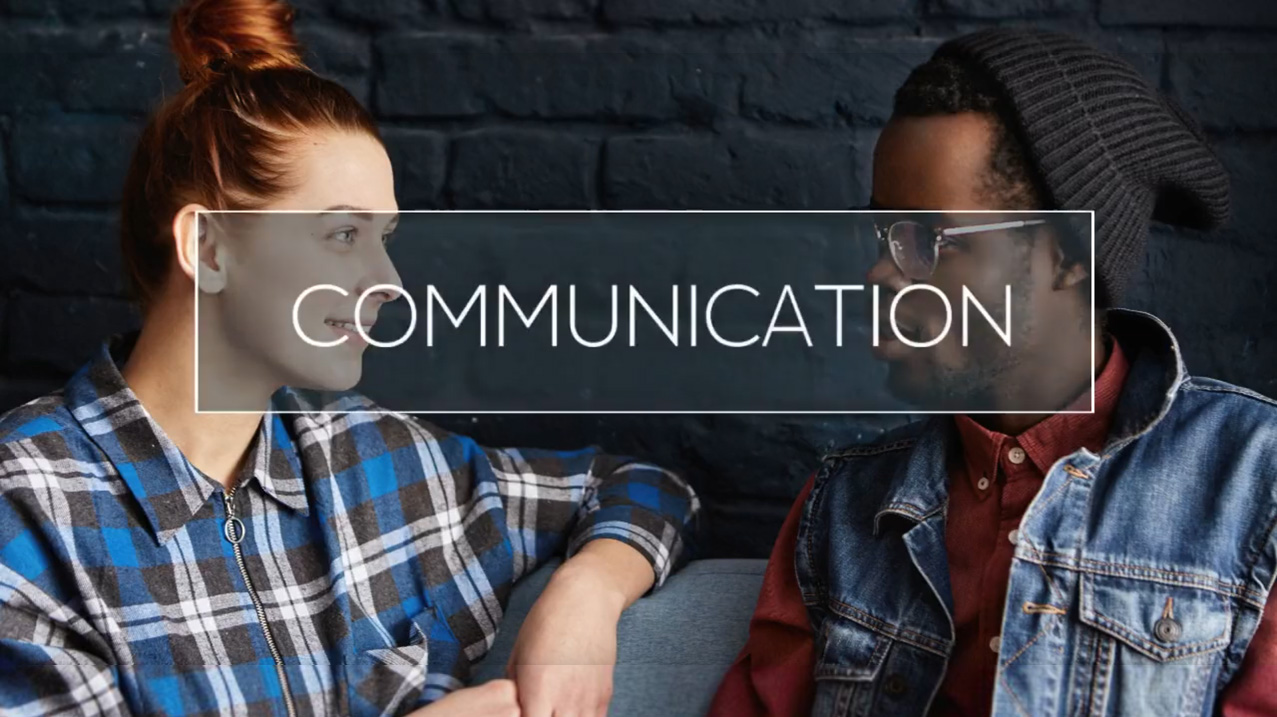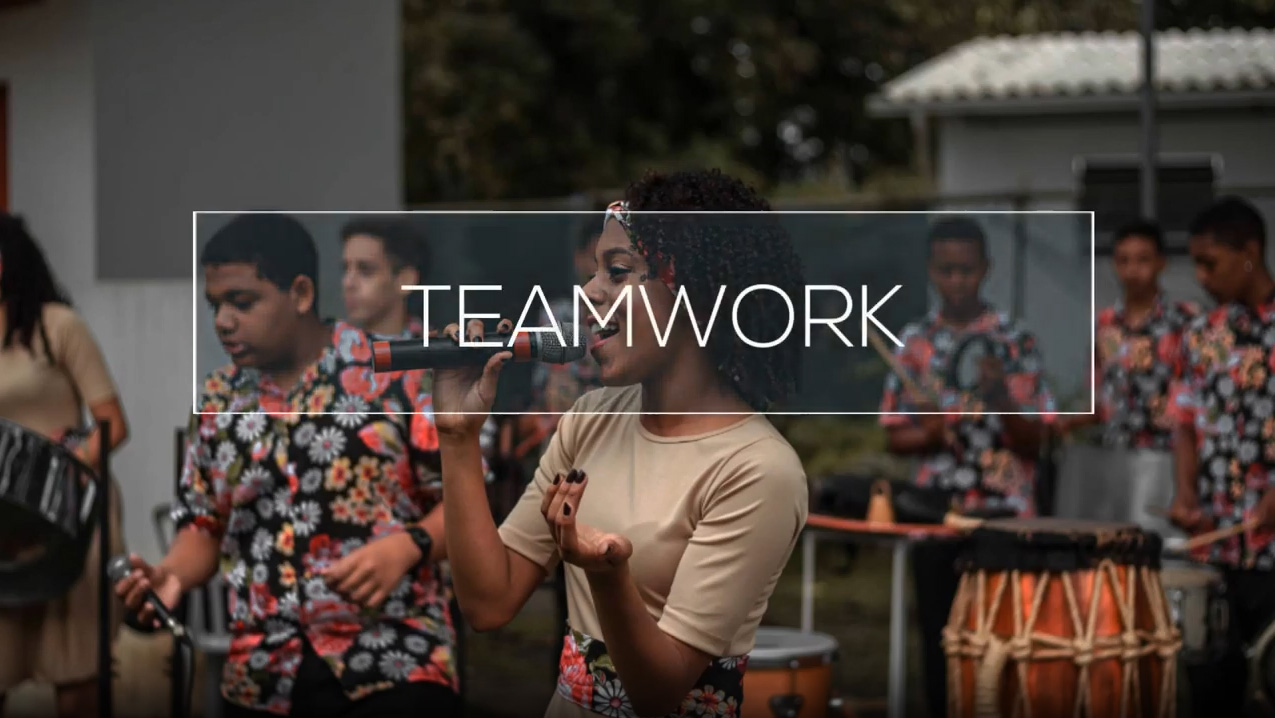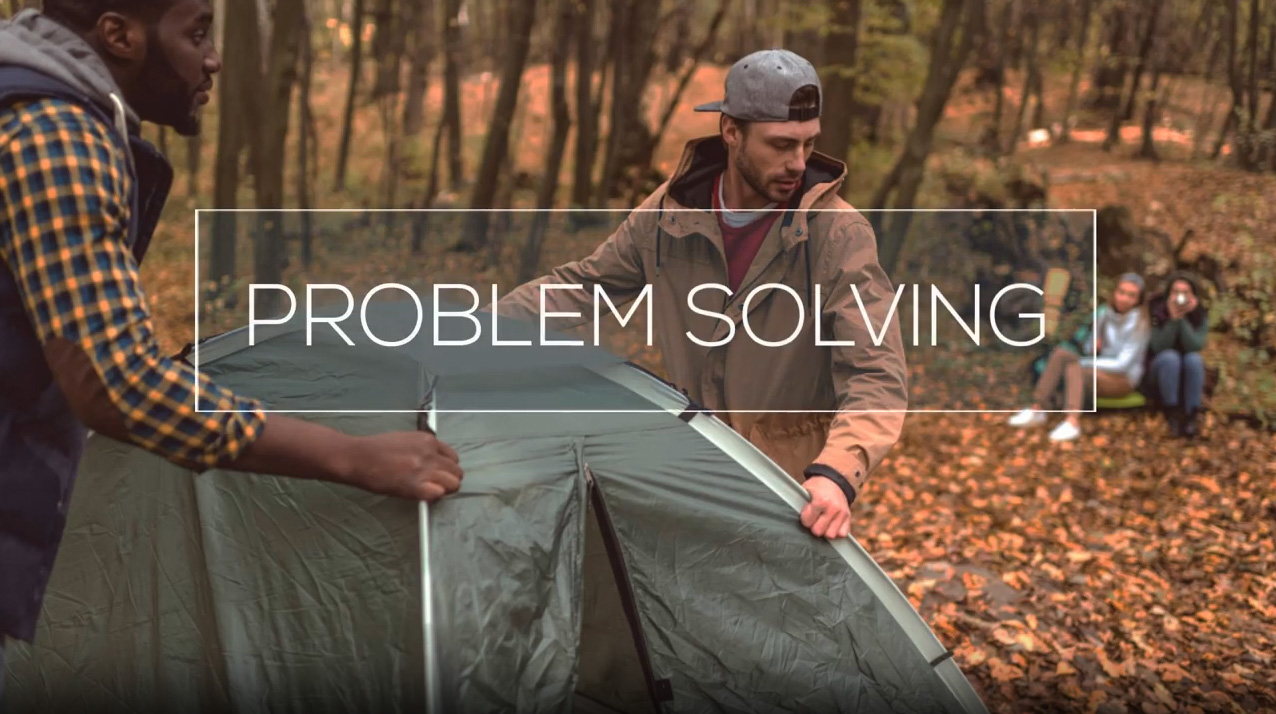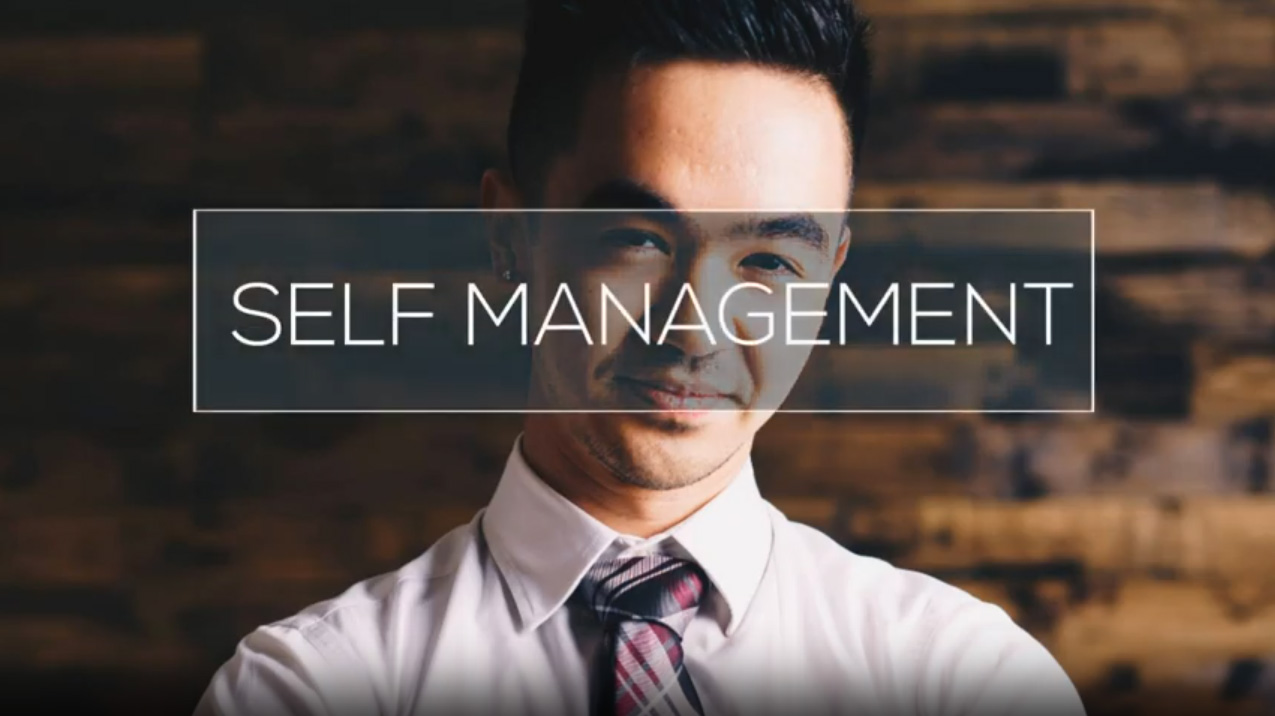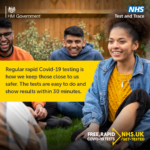CV Advice

Our CV Advice Can Help You Write a CV That Helps You Stand Out to Employers and Get an Interview.
A CV is a document that shows employers your skills, achievements, qualifications and experience. Even if you don’t have much experience yet, you can still create a great CV.
What You Need to Put in a CV
- Full name
- Contact details: Telephone number & a professional email address (e.g. myname@gmail.com not funkyrabbit@gmail.com). Your address is not necessary.
- Personal statement: this sums up who you are and what you can offer. See what to put in a personal statement.
- Key skills (see what skills employers look for)
- Education: Where you’ve studied, for how long, and what grades you got. If you haven’t got any results yet, you can put what grades you’ve been predicted.
- Work experience (this can include volunteering, saturday jobs, work placements and paid experience)
- Keywords that match the job description you’re applying for (if they want someone who is organised, say you are organised and show why)
What NOT to Put in a CV
- Age
- Date of birth
- Gender (your business, no-one else’s)
- Religion (your business, no-one else’s)
- Spelling mistakes
- Too many words (keep it two pages or under)
- Fancy fonts, layout and images – it gets confusing
- ‘Little white lies’ – stick to the truth
Listing Skills in Your CV or Online Application
“What Are Your Strengths?”
Do you know what skills employers are looking for? Do you know what your personal strengths are? You can have practical skills that might help you get an interview – skills like handling money in retail environments, or Excel spreadsheet skills for business and admin jobs. You can also have life and work skills that are great for any job, even if you are still building work experience. Skills like communication, teamwork, being organised, and problem solving. Even if you don’t feel confident in yourself, aim to include skills like these in your CV, with examples of how you have showed those skills in studies, volunteering, or work experience. Ask a friend to read it over – they may spot skills, strengths and achievements you missed! If you don’t already, keep track of your achievements and successes. This helps you build confidence, and makes it easier to update your CV whenever you want.
Getting the CV Basics Right
What Types of CV are There?
- Traditional CV – this is your best bet! It lists your education and work experience, starting with the most recent.
- Skills CV – this lists out your personal strengths and skills specific to the job or industry you are applying for. You can mix this up with a traditional CV if you are still build experience but have lots of good qualities to offer.
- Technical CV – if you are focused on a technical career (e.g. engineering) this will put a spotlight on your industry skills and knowledge
- Creative CV – if you’re applying for creative careers (e.g. digital or mixed media) you may want to link to an online portfoloio, or feature fancy digital stuff like videos to help you prove your creativity
- Academic CV – only use this if you’re getting into research or teaching. An academic CV can get quite long, and it’s not for everyone!
How to Format Your CV
- Stick to one or two sides of A4 and no more.
- Keep your font plain, simple, and easy to read. No colours or italics.
- Have a general CV. Make a copy and tweak it for each job you apply for so that you can emphasis the skills and experience most relevant to that job (e.g. phone skills and customer service for a call centre role, or social media and writing skills for a digital marketing apprenticeship).
- Make it easier to read with bullet points and subheadings. This helps you be clear and to the point. It also helps to break up space so that employers can see all your strengths at a glance.
See All CV Advice
Youth Friendly Employers
These employers can offer you work experience, placements, traineeships, apprenticeships, first jobs and graduate positions!

























Start Building Your Employability Skills TODAY
Build these 5 top life and work skills at any time as a Young Professional.
It’s never too early or late to begin your journey. Know your skills and strengths!
Careers Advice for YOU
Are you looking for advice that could help you get a job? You’ll find lots of honest advice and how-tos on Youth Employment UK. We have advice and opinion from professionals, but also from our huge community of Youth Ambassadors and Young Professionals. They know what it’s like to be young, unemployed and 100% ready to be given a chance!
Get Help With Finding A Job
Links and Resources
It’s not just about being a good fit for them. Remember, it works both ways – those jobs have to be a comfortable fit for you, too.
See All Interview Tips
Youth friendly employers
These employers can offer you work experience, placements, traineeships, apprenticeships, first jobs and graduate positions!

























Start building your employability skills TODAY
Build these 5 top life and work skills at any time as a Young Professional.
It’s never too early or late to begin your journey. Know your skills and strengths!
Getting career confident – your next steps
From school onwards, take a step to build your skills and career confidence with our free training.
Careers Advice for YOU
Are you looking for advice that could help you get a job? You’ll find lots of honest advice and how-tos on Youth Employment UK. We have advice and opinion from professionals, but also from our huge community of Youth Ambassadors and Young Professionals. They know what it’s like to be young, unemployed and 100% ready to be given a chance!












